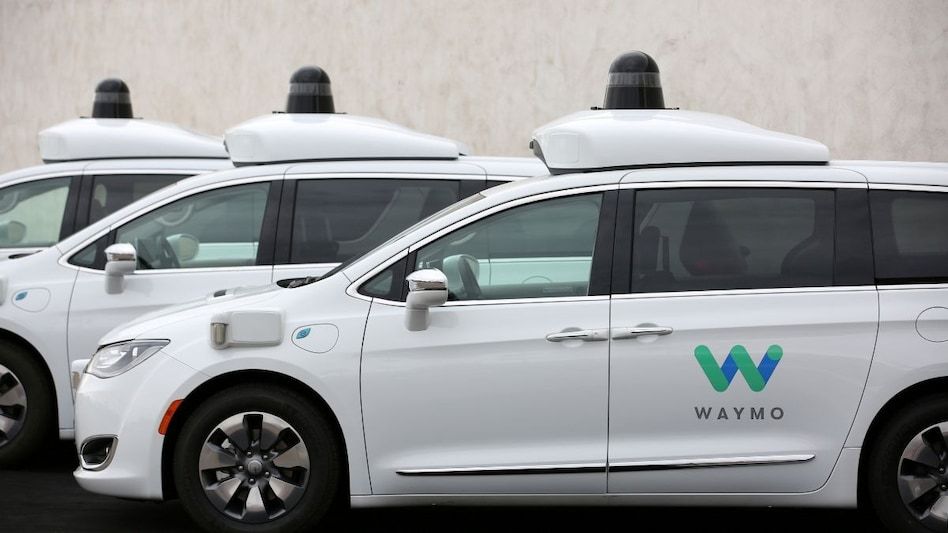Waymo Recalls Over 1,200 Self-Driving Cars Amid Investigation

Alphabet's autonomous driving unit, Waymo, has issued a recall for over 1,200 self-driving vehicles after a string of low-speed collisions involving stationary objects like gates and chains.
According to regulatory filings made public this week, the move comes as U.S. authorities continue investigating the safety of its driverless system. The National Highway Traffic Safety Administration (NHTSA) has logged at least 22 incidents where robotaxis hit objects that a human driver would likely avoid, with none resulting in injuries.
However, Waymo says it deployed a software update late last year to resolve the issue and that "all affected vehicles were updated by December 26, 2024." The company has also upgraded its fleet to a sixth-generation system and operates over 1,500 driverless vehicles across several cities, delivering more than 250,000 paid rides every week.
The recall marks Waymo's third software-related recall in a year. With this issue resolved, the company is now confident that its technology can function safely on public roads.
Meanwhile, the recall highlights concerns about the safety of self-driving cars, particularly in complex environments like India, where the regulatory framework and infrastructure are still evolving.
India's autonomous vehicle market is projected to grow rapidly over the next decade, driven by urbanization, EV adoption, and smart mobility initiatives. However, the country faces significant challenges, including inconsistent road quality, unpredictable traffic patterns, and a high volume of two-wheelers and jaywalkers that could pose problems for self-driving cars.
While local innovation is emerging, with startups like Minus Zero developing platforms to help autonomous vehicles navigate chaotic environments, India still lags behind in terms of its tech stack required for widespread adoption. Experts agree that broad consumer adoption on public roads may be a decade away.
In related news, global interest in self-driving cars is rising, and Uber is reportedly planning to introduce driverless cabs in India through a partnership with Waymo. Despite the challenges ahead, many experts believe that autonomous vehicles could be transformative in reducing traffic-related deaths and emissions – a crucial step towards creating safer and more sustainable transportation systems for Indian cities.
